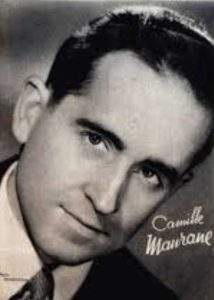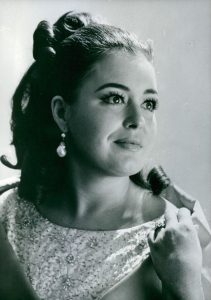Podcast: Play in new window | Download (Duration: 1:36:17 — 90.6MB) | Embed
Subscribe: Spotify | TuneIn | RSS | More
A few weeks ago I finally found a copy of a rare recording by one of my favorite singers, the baryton martin Camille Maurane (1911 – 2010) in which he sings Schubert songs in French. Inspired and fascinated by this record, I began exploring recordings of other native French-language singers (including Ninon Vallin, Charles Panzéra, Georges Thill, Vanni-Marcoux, and Germaine Martinelli) singing the melodies of my favorite composers. Further on, I stumbled across a similarly wide variety of Russian-speaking singers (including Ivan Kozlovsky, Mark Reizen, Pavel Lisitsian, Sergei Lemeshev, Nina Dorliak, and Feodor Chaliapin) also putting their individual stamp on the songs of Schubert in their native tongue. Along the way, we also discuss certain quintessential vocal types in both the French (the baryton martin, the falcon) and Russian (the lyric tenor, the “slavic” soprano and bass) national styles. This episode, far from being a mere “gimmick” allows us also to examine the joys of old-fashioned art song performance, and how all these characteristics combine to provide a new perspective on the music of one of the greatest German-language composers.
Countermelody is a podcast devoted to the glory and the power of the human voice raised in song. Singer and vocal aficionado Daniel Gundlach explores great singers of the past and present focusing in particular on those who are less well-remembered today than they should be. Daniel’s lifetime in music as a professional countertenor, pianist, vocal coach, voice teacher, and journalist yields an exciting array of anecdotes, impressions, and “inside stories.” At Countermelody’s core is the celebration of great singers of all stripes, their instruments, and the connection they make to the words they sing. By clicking on the following link (https://linktr.ee/CountermelodyPodcast) you can find the dedicated Countermelody website which contains additional content including artist photos and episode setlists. The link will also take you to Countermelody’s Patreon page, where you can pledge your monthly support at whatever level you can afford. Bonus episodes available exclusively to Patreon supporters are currently available and further bonus content including interviews and livestreams is planned for the upcoming season.


